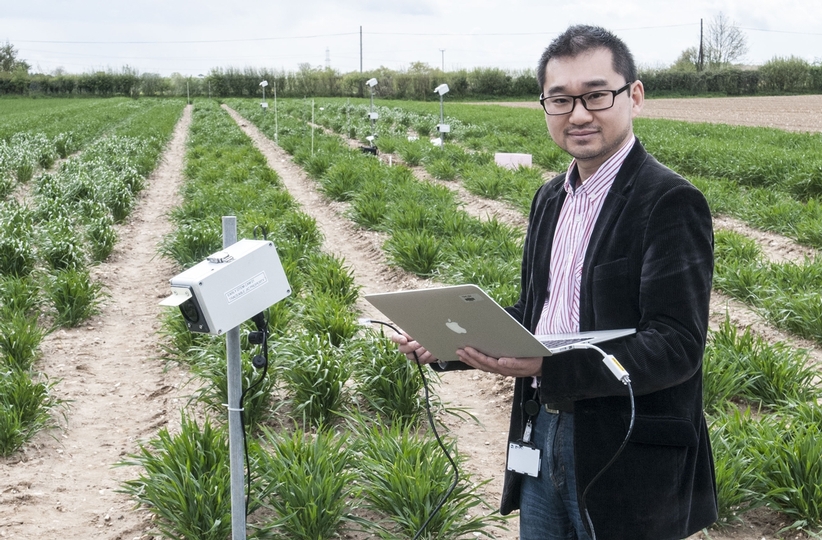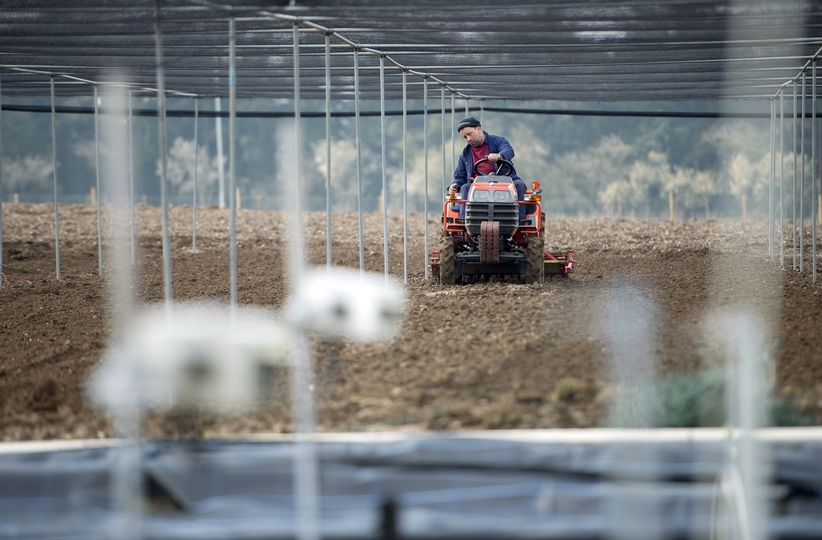
Earlham Institute, a life science research institute, has chosen Kx System as their technology partner for a new project which will revolutionise research in agriculture.
The research will look into bioinformatics and promote a sustainable bioeconomy.
Ji Zhou, Project Leader, and his colleagues at the Institute are planning to develop and embed the latest machine-learning algorithms, including deep learning techniques in Kx’s platform, to create predictive models for studying crop growth patterns and agricultural tactics.

The models will incorporate factors such as environmental stress and crop response, i.e. crop development and adaptation.
For more than 20 years, Kx has been the powerhouse in high-speed, big data analytics in the world’s major financial centres.
This expertise will now be used by EI in a completely new approach to the analytical processing of living systems.
In an environment where the need to process increasing volumes of data at ever-greater speeds has been failed by the traditional query-response model, Kx will provide real-time active queries for the enormous datasets generated in life sciences.
To address the challenges presented by the emergence of Big Data in omics (phenomics and genomics), as well as in genetics, stream data processing, and in-memory computing are essential tools for crop scientists.
The UK government has recently reinforced its strategy in agriculture with IoT (Internet of Things) technologies to help maximise yields, improve food traceability, and tackle environmental challenges through networked remote sensors, particularly for crop development and genetic research.
This policy change, combined with Earlham Institute's long-term strategy of agri-tech and high-performance computing (HPC), demonstrates an opportunity to apply the real-time analytical technology to research genotype-phenotype-environment interactions based on EI’s world-leading HPC infrastructure.
